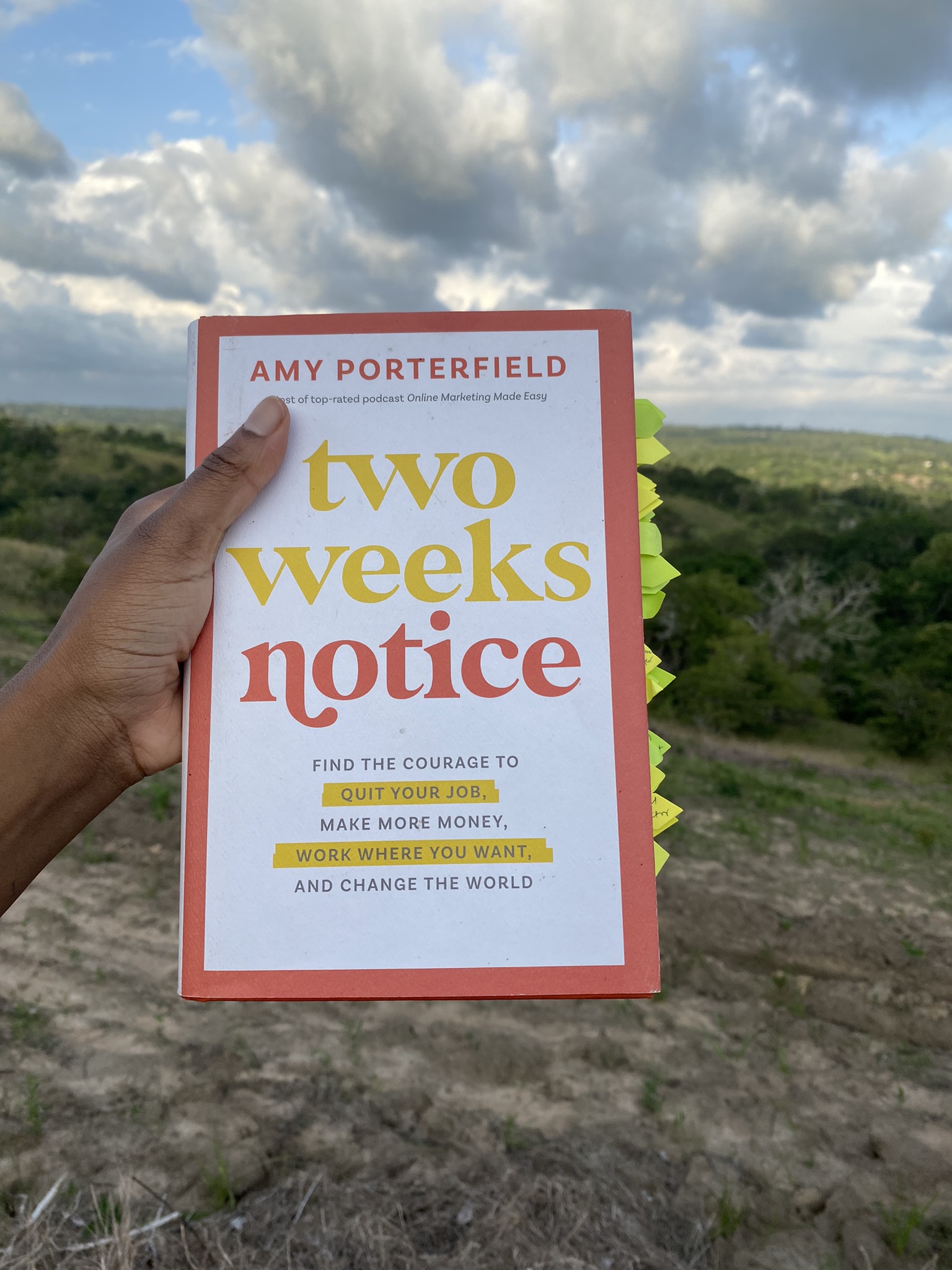
Living Wills: Everything You Need to Know
Would your family know that you intended not to stay on life-support indefinitely if you went to a permanent coma today? What if you just had a fatal accident and are unable to communicate? Would anybody know your wishes for end-of-life care? You may become unable to speak and share your desires.
However, there is a legal way to take these desires into effect in such critical conditions. And it is a living will.
What Is a Living Will?
A living will is a legal and written document that communicates medical advance directives on your behalf in cases when you can no longer express your willingness yourself.
Some medical treatments can sustain your life a little longer, even when full recovery is not possible. Your directives will tell the healthcare providers to prolong your life with available medical treatments or not continue.
Read more on How much to save for retirement

Why Would You Need a Living Will?
Let us imagine a few real-life scenarios; you are in a hospital for any reason – you had a fatal accident, have aged complications, need a feeding tube to eat, or have kidney dialysis over a few years.
Healthcare providers may try to prolong your life by providing exceptional medical treatments. You could live for a few more months or years but unconscious. You may remain in a coma and be unable to recover. If you were alive, you would not want to breathe like that. You might want to limit the medical treatments you would be having.
When an unconscious person suffers from a life-threatening injury, doctors want to see if you have any living wills. If there are no residing wills, doctors ask the spouse or other family members to make decisions. The responsibility shifts to them. These individuals would not know your desires at that moment. A living will come into play in this type of situation.
Read more on Royalty Income: How to make money With Royalties
What Can a Living Will Cover?
The process for living wills is different from State to State. This document is known as a medical directive or a healthcare directive in some states. On matters of requirements and procedures in creating and executing living wills, every State is slightly different.
Have a look at the following specific issues, which include:
- Directives shall your tissue or organ be donated after you die
- Shall healthcare providers prolong your life on a ventilator or do dialysis
- A request to not use any CPR or shock equipment should you go into cardiac arrest in the said facility
- Your desire to not be put on a feeding tube if you become permanently unconscious
- Directives on using life-prolonging medical treatments for your terminal illness

Benefits of a Living Will
Some life experiences are unexpected, but it is a relief for you and your family if you prepare for such. A living will gives you that peace of mind. Here are a few benefits if you have a living will;
- Appointing a medical power of attorney
- You prevent any arguments or confusion among family members in case of emergency
- Easing the decision-making of the caretakers
- You refuse any treatments you would not need
- Making the choice to donate organs in advance
A medical power of attorney (also named as a healthcare proxy in some states) is someone you nominate on your behalf to decide your treatments. It is someone you trust, and he can settle in stressful circumstances.
How to Prepare a Living Will
The living will share the goals and wishes of a person to other individuals (medical power of attorney or family) in case of emergency. When creating such a will, consider integrating religious beliefs and personal wishes into the medical care received.
Before preparing your living will, it is essential to understand that it will not serve as a last will and a testament to distribute your properties or belongings to others. Instead, it will help identify circumstances when your healthcare providers should preserve your life or not. It also includes if you want treatments in a vegetative state or terminal illness. You can consider if you want to receive care at home or a nursing home, or in any other facility.
You can also think about pain management. It indicates the types of treatment to manage pain. If you have family or friends who might be responsible for an emergency, talk to them and discuss. They might help you with a few other issues that you may overlook in preparing the living will. Notably, you can consult with the medical power of attorney and decide on the best possible outcomes.
You have the right to decide on a living will, which allows physicians and families to take specific actions related to medical care. Some states require at least a family member, legal agent, or healthcare provider to witness before you sign. Of course, you always have the right to refuse advanced medical treatment. However, consulting with a lawyer to know the State’s law and signing your living will might help you someday.






